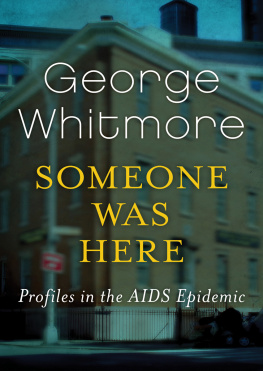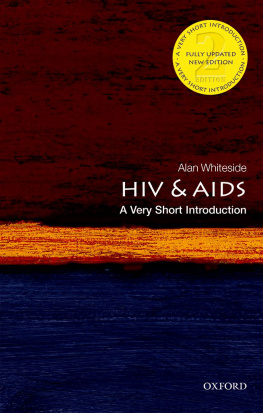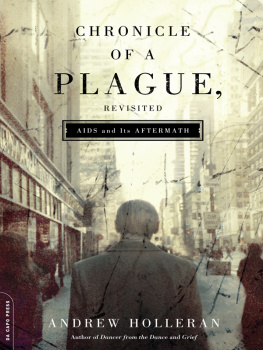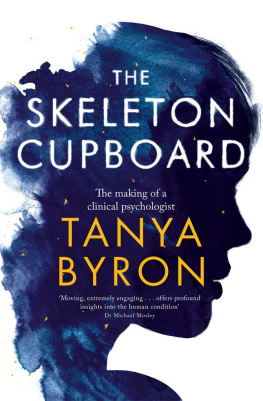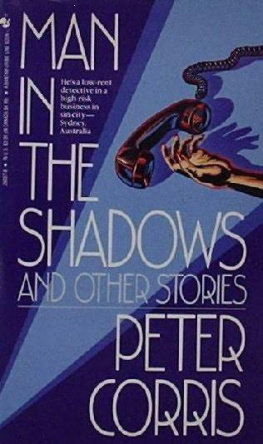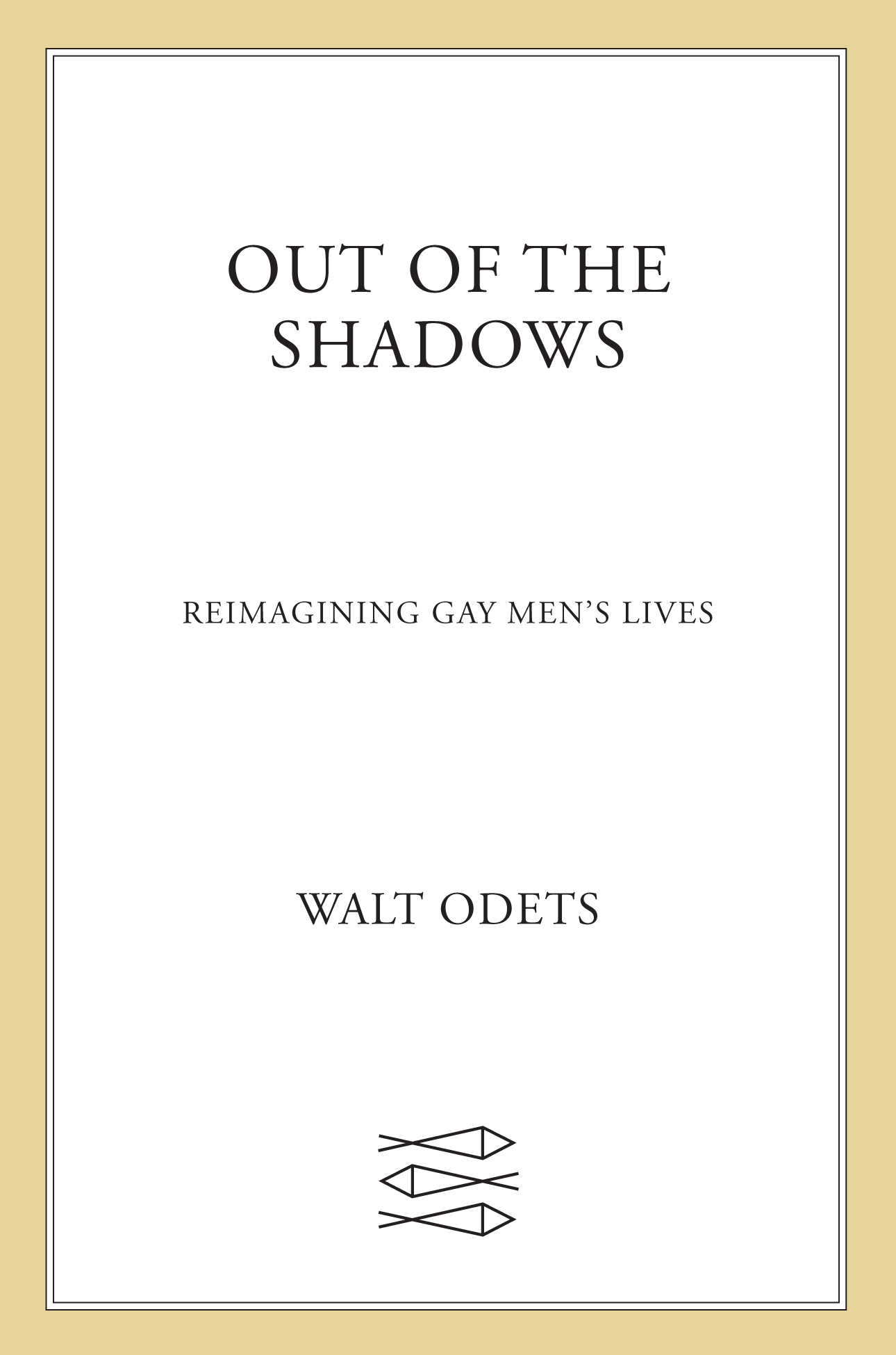The author and publisher have provided this e-book to you for your personal use only. You may not make this e-book publicly available in any way. Copyright infringement is against the law. If you believe the copy of this e-book you are reading infringes on the authors copyright, please notify the publisher at: us.macmillanusa.com/piracy.
For the hundreds of gay men I have worked with over the past thirty years, for the hundreds of thousands of gay men who have fought to be themselves against all odds, for Matthias, and for Robb and for his parents, Charlotte and Arthur, who supported him in being himself.
During the research and writing of this book, I was fortunate in having extraordinary assistance, feedback, and support from many friends and colleagues: Donald Abrams, James and Debra Allan, Robert Aude, John Badanes, Ella Baff, Jon Robin Baitz, Jerry Ballew, Elaine Baskin, Marianne Baskin, Andre Bishop, Connie Booth, Francesca Bowyer, Daniel and Beverly Brown, David Buchanan, Richard Burd, Joy Carlin, Peggy DeCoursey, Daniel DiVittorio, John Ewing, Gary Feldman, George Getzel, John Glusman, Judy Goldberg, Justin Hecht, Michael Hickcox, David Hollander, Travis Salway Hottes, Philip Keddy, Brett Kennedy, Ken Krechmer, John Lahr, George Lane, Rob Levy, Larry Long, Craig Mole, John Nienow, Ondine Norman, Todd Pearson, Beth Philips, Hillary Reinis, Andrew Ross, Sepha Schiffman, Jack Shallow, Brad Smith, Leslie Sobelson, Keith and Rosmarie Waldrop, Dianne Woods, and Stephen Zollman. I express my deepest appreciation to all.
I would also like to express my gratitude to Gillian MacKenzie and Jonathan Galassi. Both have been extraordinarily generous with their insight, guidance, and support, and they are responsible for bringing the book to its final form and to publication.
I have written Out of the Shadows for a number of audiences, most obviously gay men of all ages who have grown up in America. Among these men, I think particularly of those who have survived the early AIDS epidemic, both contracting and avoiding HIV; men, young and old, raised in stigmatizing families and communities; and young gay men who are now coming out into the challenges of slowly shifting social values in some parts of America, the current late HIV epidemic, and socially incoherent gay communities that publicly voice a highly assimilationist political agenda that excludes too many, an agenda that many younger men thoughtfullyor only intuitivelyreject.
In addition to my most obvious audiences, I believe that straight men and women have been and will be engaged by the discussion. Despite our differences, gay lives are about nothing more or less than human thoughts, feelings, and needs, mostly shared and familiar to all. In early readings of this book, most women have experienced a strong identification with the stories of gay men, in part because of the stigmatization and marginalization the two groups share. On purely psychological matters, several discussions have also been meaningful for female readers, including my examinations of the developmental roots of conventional gender differences, the socially constructed male identity that has so long baffled women, and the idea of a gay sensibility as a blend of conventionally female and male sensibilities. Although I am not writing specifically to womenthis is, after all, a book about gay menmy admiration for the insight and compassion women contribute to our lives cannot be overstated: the so-called feminine sensibility is everything that makes loving, intimate relationships possible, gay or straight.
Finally, I write for fellow psychotherapists, gay and straight, who work with gay men. Gay men engage in psychotherapy at about three times the rate of heterosexual men, and for good reason. The complexity of growing up gay in a heterosexist society; distorting developmental influences, including the early and late HIV epidemics; and ongoing marginalization in adult life all often conspire to make therapy a useful endeavor. The more difficult journey gay men travel also provides benefits, for it nurtures a capacity for emotional introspection that is personally valuable and productive in therapy. To be truly helpful, the therapist must understand the issues clearly and without historically rooted misconceptions and prejudice: too much of how we have traditionally thought about gay developmental experience and being gay is still evident in current psychological theory and practice. I hope my examination of gay developmental issues, and my reconstruction of what it means to be gay, will be useful to both psychotherapists and those they work with.
Because the general reader may find some of the more purely psychological material technical, I have placed much of it in clearly indicated endnotes to maintain the accessibility and flow of the main text. I hope all psychotherapists and other readers with an interest in psychodynamic, developmental, and narrative psychology will read this material. My use of notes is not intended to suggest that the discussions placed there are merely peripheral or of secondary importance.
Within these covers, I tell my personal story and the stories of twenty-three other men. All are derived from personal memories, from my experience with three decades of therapy with hundreds of gay men, from friends, and from the approximately forty interviews I conducted during the planning and writing of the book. Unless otherwise identified, all the stories, including the personal ones, are constructed in a manner that conceals identities and ensures privacy. The individuals depicted are generally composites of two or more men, and the stories are told with fictional details and events to further disguise identity. Confidentiality for therapy patients is particularly important, and the stories of those in therapy are never drawn from a single individual, but from a number of men who shared similar issues and life experience. All identifying information has been changed by fictionalizing names, specific family backgrounds, ages, occupations, dates, and locations.
Berkeley, 2018
Many years ago, Will came to see me for therapy to help him come out as gay. He was a retired dentist, and he wasnt nineteen, or twenty-nine, or even forty-nine. Why now? was my obvious first question, and his answer was succinct: I was waiting for my wife to die, and she had. Will told me he had loved, but had never been in love with, her, that they had been best friends for five decades. Now, he wanted to talk about the life he had neglected, for he had never had an experience with another man. Before I die, I would like to be in love, and I knowI have known foreverthat could only happen with a man. Will was sweet, gentle, and likable, but he had a touch of the unfocused, empty stare of a person who was starving and had suffered. He was starving, starving emotionally, and even as he energetically outlined new possibilities for his life, I could feel his hopelessness hanging in the air between us. As I listened to his story, I hoped I was not mirroring back that hopelessness, but I was certainly feeling it. And I was feeling helpless, for I had seen many men reconstruct their lives for the better, but had never seen that transformation begin at the age of seventy-four. How could I help a man who had put nearly his entire lifeput


